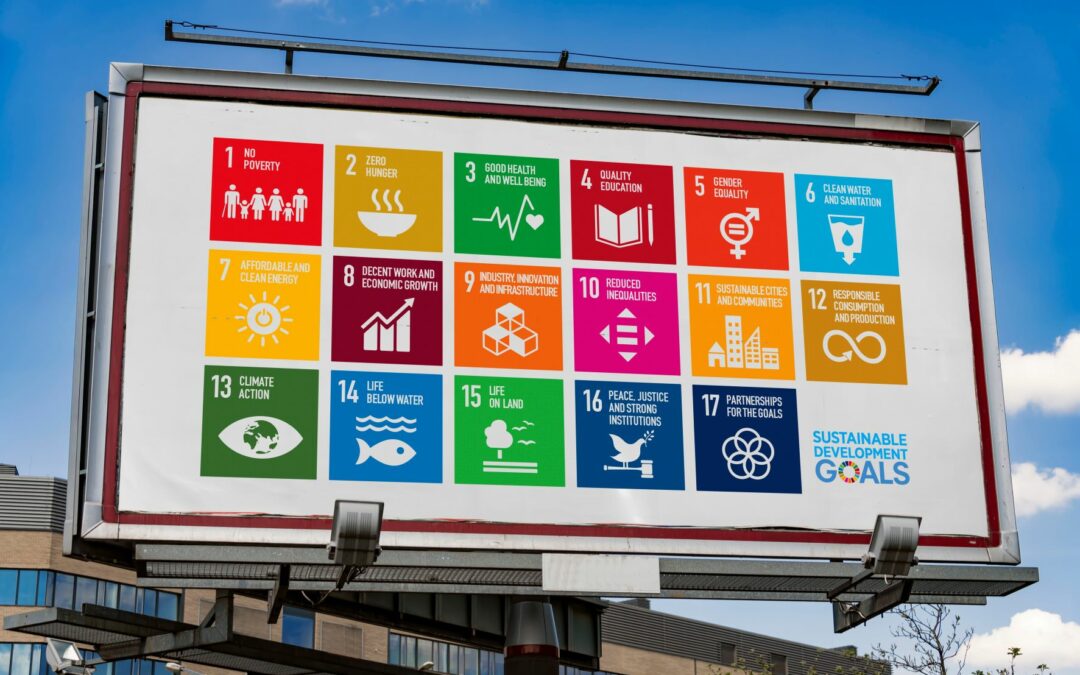Note: This is a preliminary version that will be updated soon.
Historically, peacebuilding efforts have focused on social and economic issues. Environmental peacebuilding incorporates natural resource management into peacebuilding activities. Those strategies seek to support security, humanitarian, and development objectives to avoid the vicious circle in which conflicts cause environmental problems that later fuel and trigger more conflicts.
The organizations listed here are integrating natural resource management in conflict prevention, mitigation, and recovery to build resilience. Their research and field activities work for a robust Environmental Peacebuilding hub.
Alliance for Peacebuilding (2003; Washington)
A network of over 100 organizations. Aims to “bring together coalitions in key areas of strategy and policy to elevate the entire peacebuilding field, tackling issues too large for any one organization to address alone.” Their work is based on “a systems approach to peacebuilding that connects multiple sectors.” [Staff: 11 staff and 19 fellows]
Environmental Peacebuilding Association (2018; Washington)
A global network of “practitioners, researchers, decisionmakers, and students passionate about environmental
peacebuilding.” Its goals are to foster knowledge development and exchange, build capacity and awareness, and strengthen relationships between the scholarly and professional communities working on issues related to the environment, conflict, and peace. [Staff: 11]
Environmental Law Institute (1969; Washington)
A “non-partisan research and education center to strengthen environmental protection by improving law and governance worldwide.” At the moment, it serves as the Secretariat for the Environmental Peacebuilding Association. While improving Natural Resource Management in Post-Conflict Countries, it has been conducting a project to engage practitioners and scholars to “develop a roadmap for strengthening post-conflict natural resource management and peacebuilding.”
The latter has been managed in partnership with the United Nations Environment Programme (UNEP), the University of Tokyo, and the Specialist Group on Armed Conflict and the Environment of the IUCN Commission on Environmental Law. [Staff: ~60]
Earth Institute (1995; Columbia University, New York)
Founded to advance the basic understanding of earth science and apply that knowledge to decisions made by governments and businesses around the world. Likewise, its Advanced Consortium on Cooperation, Conflict, and Complexity (AC4) conducts a specialized research program on Environment, Peace, and Sustainability focused “around local resource governance and conflict management, generating knowledge and practice around environmental conflict resolution and peacebuilding.” [Staff: ~850]
United States Institute of Peace (1984, Washington)
A “national, nonpartisan, independent institute” working “with local partners to prevent, mitigate, and resolve violent conflict to reduce future crises and the need for costly interventions.” Recently, it gave eight grants to promote research and project development in Environment, Conflict, and Peacebuilding. Those organizations were: Environmental Law Institute (Washington), Indigenous Movement for Peace Advancement and Conflict Transformation (Kenya), International Rescue Committee (New York), Oregon State University (Corvallis), The Hong Kong University of Science and Technology, Universidad del Rosario (Bogotá), University of Sheffield (UK), World Peace Foundation (Somerville, MA). The eight winners received a maximum of $300,000 to advance their capacity-building projects. [Staff: 85]
Adelphi (2001; Berlin)
An independent think tank and international public policy consultancy on climate, environment, and development. Its Peace and Security section includes a specialized topic of Resources and Conflict. Further, it offers consultancy, research, and training services to “use conflict-sensitive approaches and to develop programmes that handle environmental and peace development as early as the initial stages in an integrated manner.” [Staff: 159]
Center for Conservation Peacebuilding (2006; Washington)
A consulting organization advocating that “social conflicts related to conservation issues are severe obstacles to wildlife conservation efforts and local communities’ way of life.” Applies conservation conflict transformation (CCT) theory, skills, processes, and strategies to address such conflicts. [Staff: N/A]
International Institute for Sustainable Development (1990; Winnipeg, Canada)
An independent think tank championing sustainable solutions to 21st-century problems. Researches sustainable development to foster innovation. Particularly, its library contains high-quality research covering the Environment, Conflict, and Peacebuilding intersection. [Staff: ~120]
International Alert (1986; London)
An international peacebuilding organization working “with local people around the world to help them better understand conflict and build peace.” In addition, its publications repository has many case studies about natural resource management and conflict resolution sourced from practitioners due to its notable presence in the field. [Staff: 279]
Energy Peace Partners (2017; Sausalito, CA)
An organization that “leverages economic and climate solutions to support peace in the world’s most fragile regions.” Above all, it works towards a paradigm shift through transformative clean energy transitions in conflict and crisis settings. [Staff: 10]
EcoPeace Middle East (1994; Tel Aviv)
A project-oriented NGO that brings together Jordanian, Palestinian, and Israeli environmentalists. Their primary goal is to promote cooperative efforts to protect their shared environmental heritage. Seeks “to advance sustainable regional development and create necessary conditions for lasting peace in the region.” [Staff: 40]
Conflict and Environment Observatory (2017; West Yorkshire, UK)
A charity working with international organizations, civil society, academia, and communities “to ensure that the environmental consequences of armed conflicts and military activities are properly documented and addressed and that those affected are assisted.” [Staff: 5]
CONCLUSION
Developing countries where people depend on subsistence agriculture tend to be the most affected by armed conflicts and environmental degradation. Similarly, natural resources are often overexploited due to’ material necessities causing grievances and lost revenues contributing to the conflict’s onset and continuation.
According to Environmental Peacebuilding Association, the “peace following resource-related conflicts is fragile: countries with past resource-related conflicts are more likely to relapse and do so twice as quickly.” Land, forests, minerals, oil, water, and other resources are essential to achieve peace and for rebuilding communities and economies.




0 Comments